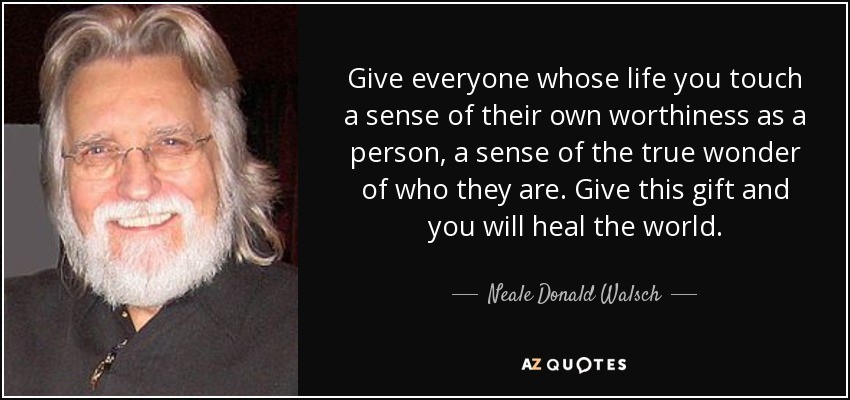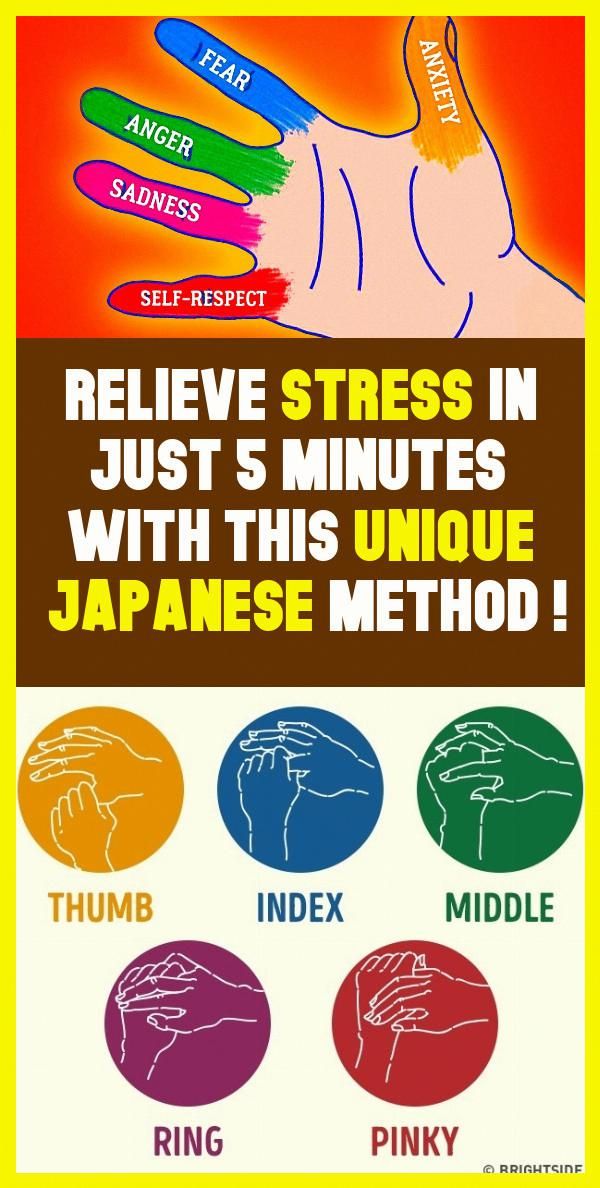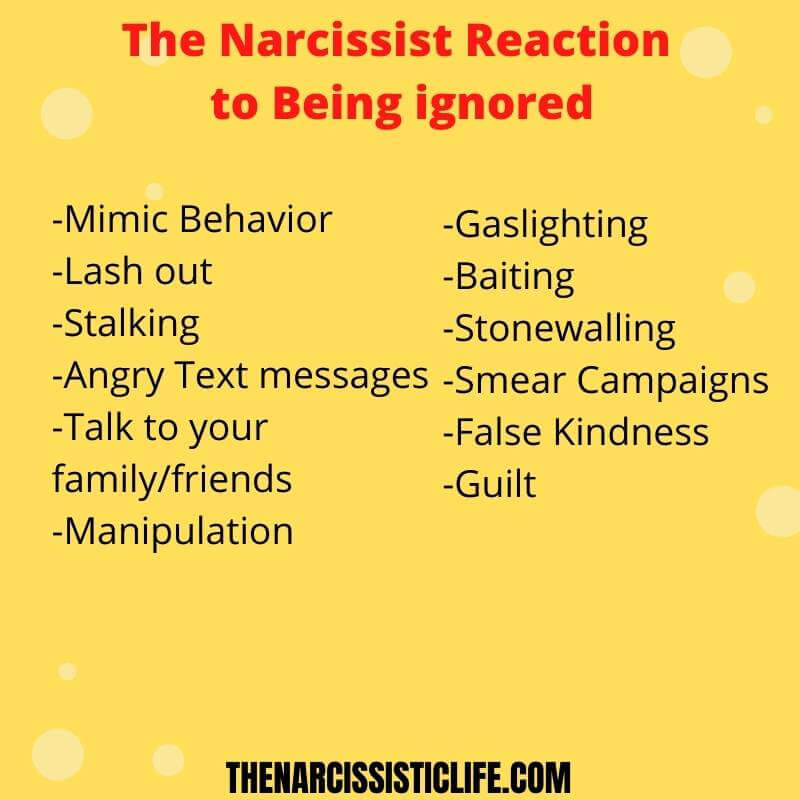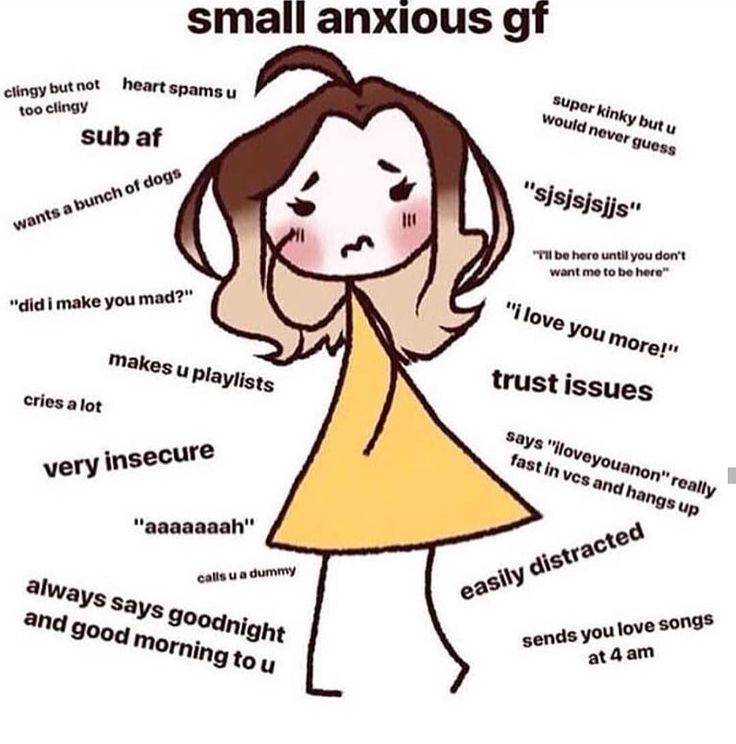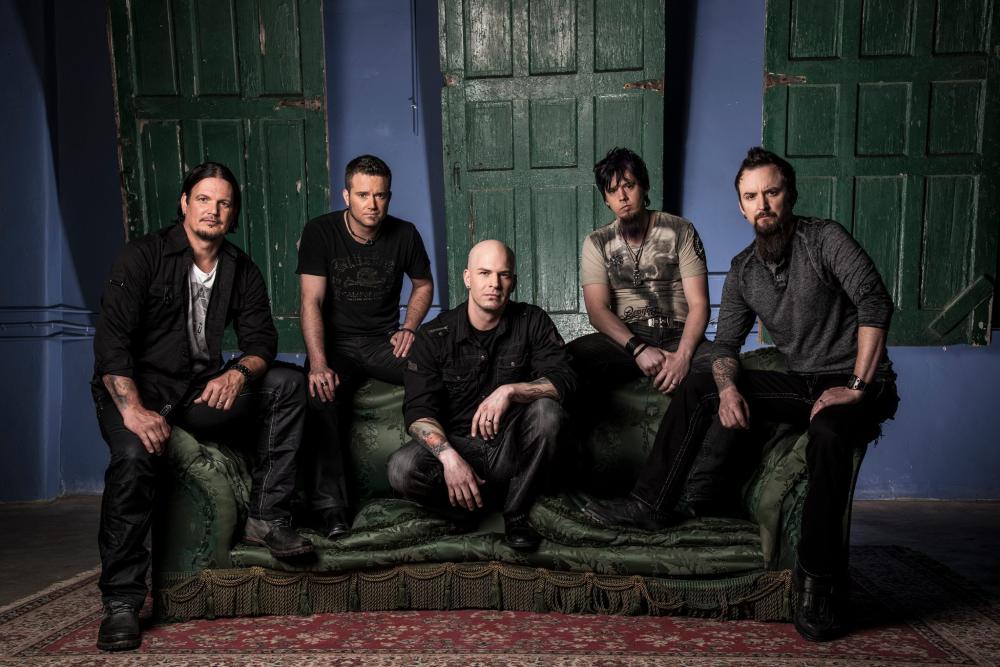Support groups for losing a spouse
I lost a loved one recently and need help learning to cope. Where can I find a grief support group?
We are so very sorry that you have lost a loved one and are grateful that you’ve reached out to us for resources. Many grief support services are offered through organizations at the community level. A good place to start is to contact your local NAMI Affiliate. To find your nearest NAMI Affiliate, click on your state through the Find Your Local NAMI menu. Additionally, you may find the following resources to be of help:
In-person support groups
- Most local hospices offer free or sliding scale grief therapy or can refer individuals to grief support in their area. The National Hospice and Palliative Care Association maintains a Directory of Hospices across the U.S.
- The Compassionate Friends is a self-help organization with over 600 chapters serving all 50 states plus Washington D.C., Puerto Rico, and Guam, that offer grief support to bereaved parents, siblings, grandparents, and other family members during the natural grieving process after a child has died.
- The Hospice Foundation of America educates the public and health care professionals about death, dying and grief. Their website offers a section on finding grief support groups. Spanish-language resources are available on the website.
- The National Widowers Organization provides information, resources and an in-person and online support community for men coping with the loss of a loved one. Offers a “Find a Support Group” function on its website, and can also be reached by phone at (800) 309-3658.
Online support groups
- Psychology Today maintains search function on its website where individuals can filter their search to find grief support in their area. Groups are facilitated by a trained clinician, and cost will vary by geographic location, facilitator and health insurance participation status.
- The Grief Resource Network features a broad spectrum of peer-support grief-related services, assistance, comfort and guidance for those who are suffering from the loss of a loved one, including crisis relief assistance, meetings/events, regional service providers, grief related research studies/data as well as book and movie recommendations.
 It maintains Grief Anonymous a free, anonymous Facebook support group.
It maintains Grief Anonymous a free, anonymous Facebook support group.
Other grief support services
- What's Your Grief maintains a website that provides education, practical and specific suggestions for moving forward, suggestions for self-exploration and self-expression, ways to honor and remember deceased loved ones and a supportive community. Similarly, the website of Modern Loss provides resources and tips for coping with grief.
- Carson’s Village is a free service to assist families in managing practical details following the sudden loss of a loved one. Provides free peer advocacy to help families plan/navigate details from loss to funeral. The organization is currently serving 18 states.
- Trauma Intervention Programs, Inc. has a resources page on it's website which provides an extensive list of grief support services.
- DIY Doula is an organization which provides information regarding self-care before, during & after an abortion.

- My Grief Angels provides an extensive directory of grief support resources organized by type of loss experienced. They also provide 24/7 access to a variety of social services and human services, free grief online course/resources, a mobile app, and an online volunteer community of people that have experienced or are also experiencing grief.
Loss from suicide
- The American Foundation for Suicide Prevention offers referrals to in person support groups for those who have lost someone to suicide, and those who have attempted suicide.
- American Association of Suicidology provides a national directory for suicide resources and maintains an in-person support group finder for both attempts and loss survivors of suicide.
- SAVE (Suicide Awareness Voices of Education) provides a finder function on its website for in person support groups for suicide loss survivors, as well as resources about suicide and finding help for yourself or others.

- The National Alliance For Children's Grief provides information on supporting children through grief, including a national database of in-person grief support programs, camps, and community resources.
Still need help? Contact Us Contact Us
About GriefShare - GriefShare
It may be hard for you to feel optimistic about the future right now. If you’ve lost a spouse, child, family member, or friend, you’ve probably found there are not many people who understand the deep hurt you feel.
This can be a confusing time when you feel isolated and have many questions about things you’ve never faced before.
“Going to GriefShare feels like having warm arms wrapped around you when you’re shivering.”
GriefShare groups meet weekly to help you face these challenges and move toward rebuilding your life.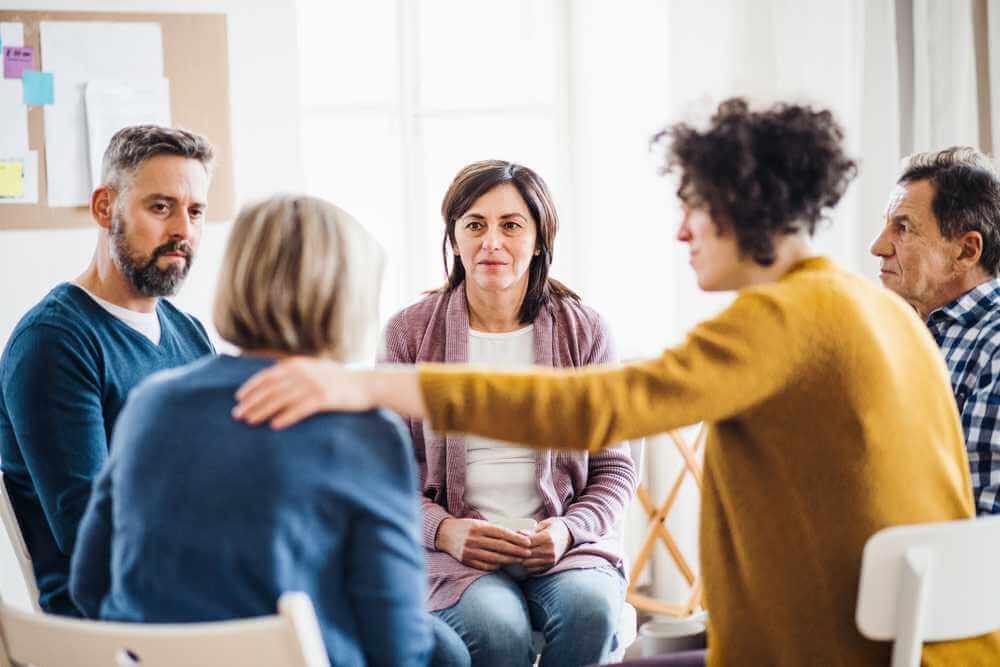 Each GriefShare session has three distinct elements:
Each GriefShare session has three distinct elements:
Video seminar with experts
Each week your GriefShare group will watch a video seminar featuring top experts on grief and recovery subjects. These videos are produced in an interesting television magazine format featuring expert interviews, real-life case studies, dramatic reenactments, and on-location video.
Support group discussion with focus
After viewing the video, you and the other group members will spend time as a support group, discussing what was presented in that week’s video seminar and what is going on in your lives.
Personal study and reflection
During the week you will have the opportunity to use your workbook for further personal study of the grieving process and to help sort out your emotions through journaling. Your group will spend time discussing questions and comments from the workbook study.
Who should come … who should not
GriefShare is for people grieving the death of a family member or friend. We understand that there are other losses in life that create feelings of grief. You might be experiencing a job loss, a divorce, estrangement from a child, or the loss of friends because of a move. This grief is real, but it is not the kind of grief discussed in GriefShare sessions. We encourage you to ask a pastor, counselor, or church leader for help in finding resources that will be of specific help in your situation. If you are going through separation or divorce, please consider participating in a DivorceCare program.
We understand that there are other losses in life that create feelings of grief. You might be experiencing a job loss, a divorce, estrangement from a child, or the loss of friends because of a move. This grief is real, but it is not the kind of grief discussed in GriefShare sessions. We encourage you to ask a pastor, counselor, or church leader for help in finding resources that will be of specific help in your situation. If you are going through separation or divorce, please consider participating in a DivorceCare program.
When to join a GriefShare group
You are welcome to begin attending the GriefShare group at any session. Each is “self-contained,” so you do not have to attend in sequence. You will find encouragement and help whenever you begin. You will be able to continue with GriefShare through the next 13-week cycle and view any of the videos you have not seen.
Being a part of a GriefShare grief recovery support group
“I’ve never been to a support group like this before.
I don’t know what to expect.”
Most people quickly feel comfortable and accepted in their GriefShare group. They discover there are others who have the same kind of feelings they do and who understand the hurt they feel and the loss they have experienced. Here is an overview of the GriefShare experience:
You’ll probably feel a little nervous about going to GriefShare the first time. Those feelings go away quickly for most people, usually during the first session they attend. GriefShare is a warm, caring environment designed to help you.
You’ll discover there are people who understand your hurts, emotions, and painful experiences! When someone you love dies, it’s common to feel isolated. In GriefShare, you’ll find that you are not alone, that there are others who understand what you are going through.
You’ll learn helpful, practical information that will help you recover from the pain of grief and loss. The GriefShare DVD videos feature top experts on grief recovery subjects and case studies of people just like you, who have been through the grief experience.
The GriefShare DVD videos feature top experts on grief recovery subjects and case studies of people just like you, who have been through the grief experience.
You’ll have the chance to talk about your experiences. It can be very healing to tell others what you are going through. The support group sessions include a time to talk about what you’ve seen on the GriefShare videos and what is going on in your life. And while you have the opportunity to tell your story, there’s never pressure for you to do so if you don’t feel like it.
You’ll have a workbook for personal study and to write down things you’ve learned. The workbook provides opportunity for further study about the grief process and personal reflection about your grief. The weekly journaling questions help you sort through your emotions. You can tear out and carry with you the perforated “Care Cards” for words of encouragement during the lowest points of your day.
You’ll begin to gain closure in your loss. It’s sometimes hard to move on in life when you are still dealing with the grief and emptiness that happens after a loved one dies. You’ll learn how to go through a healthy season of grieving, then begin transitioning to emotional and spiritual wholeness. We call this “your journey from mourning to joy.”
It’s sometimes hard to move on in life when you are still dealing with the grief and emptiness that happens after a loved one dies. You’ll learn how to go through a healthy season of grieving, then begin transitioning to emotional and spiritual wholeness. We call this “your journey from mourning to joy.”
You’ll become part of a “family.” GriefShare group members often tell us that they feel like their group has become a family, that they made new friends and are around people they can relate to.
You’ll discover hope for the future. While things may look bleak now, you’ll learn ways to restore your hope and rebuild your life. Many GriefShare alumni tell us the program helped them move from deep grief to peace and a sense of joy again.
Group leadership
The leadership team for GriefShare consists of people who understand how you feel and have a real concern for individuals experiencing the grief of loss.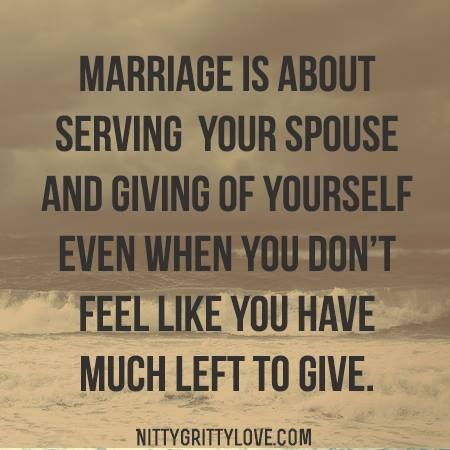 Most GriefShare leaders have experienced significant losses in their lives and are examples of the healing and restoration that can occur as an outgrowth of deep grief.
Most GriefShare leaders have experienced significant losses in their lives and are examples of the healing and restoration that can occur as an outgrowth of deep grief.
Help groups for those who have lost loved ones: you are not alone
Image from musikcity.coThe members of the group learned about the new format of helping people who have experienced the tragedy of losing a loved one from social networks and announcements on the Project website.
On February 16 they saw each other for the first time; despite stereotypes that men are less likely to seek psychological help, there were as many of them in the group as women.
Co-Action psychologists conduct meetings Yana Zakharopulo and Valentina Petrova . With all participants, the hosts conduct small preliminary interviews.
What are support groups for?
A person who has lost a loved one may experience conflicting feelings: on the one hand, he wants to “tell everything”, on the other hand, he is afraid of being misunderstood.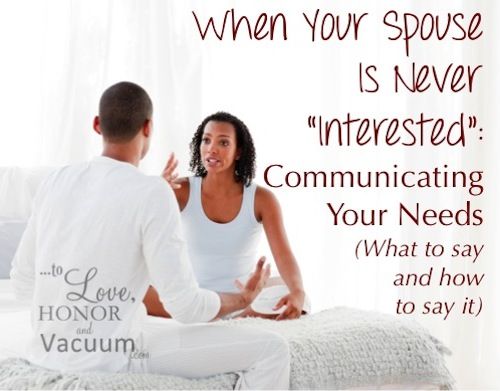 For friends, this can be a test, because it is impossible to understand grief if there is no personal experience.
For friends, this can be a test, because it is impossible to understand grief if there is no personal experience.
Therefore, a person experiencing the loss of a loved one often finds himself in isolation, and it is not always he who initiated the break with friends. The people around are simply unable to predict his reaction to their help: is it necessary to constantly sympathize, is it worth remembering the deceased, is it possible to advise distraction, is it appropriate to give advice at all? Why did I say: “I understand you” out of good intentions, but they were offended by me: “You don’t understand!”? What is worse: to invite a grieving person to a holiday, or to invite everyone except him? nine0003
It seems to a person experiencing grief that it is impossible to find words to express it, so he decides not to say anything, stops calling, writing, meeting.
A group of help for people who have lost loved ones was created in order to overcome the isolation that such a person involuntarily falls into.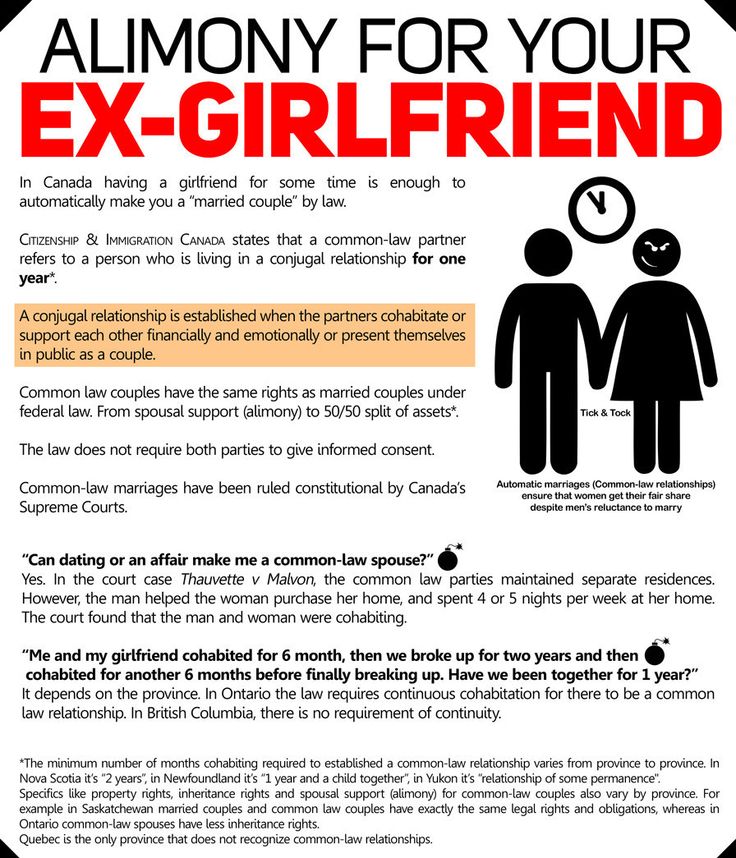
Nobody theorizes in the help group, only those who know what the death of a loved one is.
Be silent among your own
Everything happens like in the movies: people enter the room, sit in a circle, introduce themselves and start talking about their feelings, about the situation they are in. nine0003
- In a support group, and we are engaged in support, not therapy, we give a person free space to express themselves and protect them from any condemnation, no matter how the interlocutors react to it, - says Yana Zakharopulo, psychologist at Co-Action . - He can cry, swear, get angry, all this is normal. But if someone himself is not ready to talk about his experiences, then our task is to understand why it is difficult for a person to open up and how we can help.
Sometimes a person just needs time to be present, to listen to other participants, to be silent and gather his thoughts. Please, here no one will rush and push until the person himself decides to speak out. If he already wants to say something, but cannot find the words, he is shy, it seems to him that his speech is incomprehensible - for such cases, there are certain psychological techniques that help to cope with the problem. nine0003 Photo courtesy of tmgonlinemedia.nl
If he already wants to say something, but cannot find the words, he is shy, it seems to him that his speech is incomprehensible - for such cases, there are certain psychological techniques that help to cope with the problem. nine0003 Photo courtesy of tmgonlinemedia.nl
Knowing yourself is knowing others
Group psychotherapy has long established itself in helping people going through tragic events. Strange as it may seem at first glance, but it is in a group, and not tete-a-tete, that it becomes easier for many to overcome internal barriers that prevent them from talking about their feelings. Over time, tension, fear of being misunderstood, alertness in a person give way to confidence that they will understand him, they will not condemn him, that his experiences are valuable. nine0003
This happens because working in a group gives you the opportunity to look at yourself from the outside, even from different angles, to be in the place of another.
For example, listening to a classmate’s story about how his friend was offended when, in response to the advice “not to worry”, “get distracted”, he said something sharp to him, the person notices: “I would also be offended if it were so responded to my advice.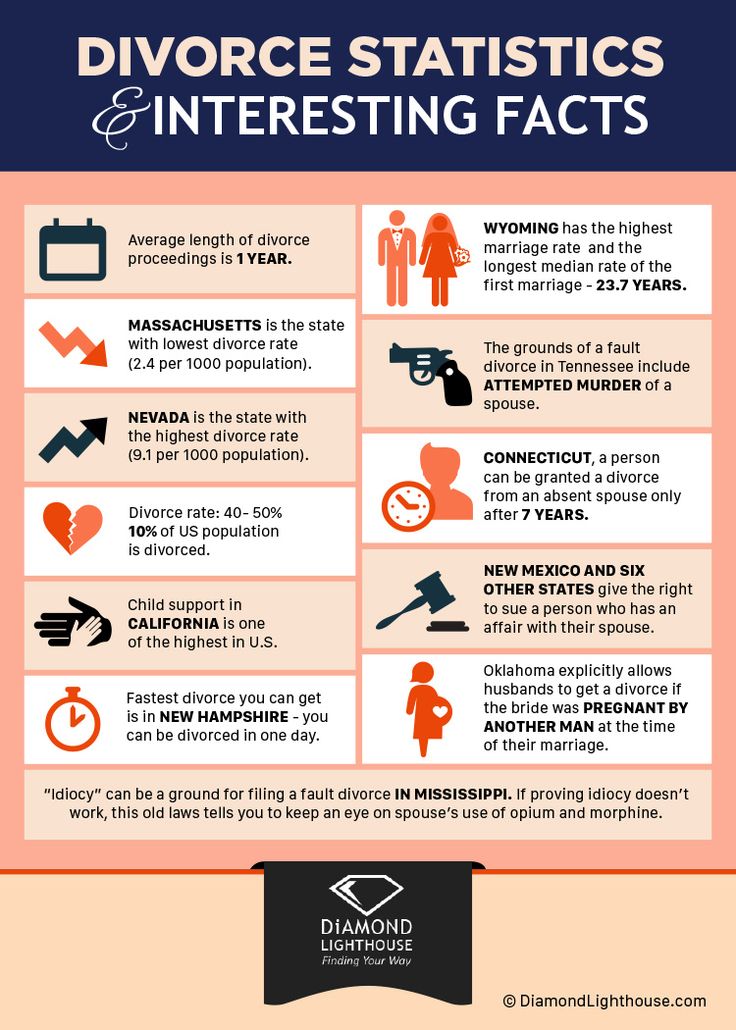 And, at the same time, he can understand at this moment that when he himself does this under the influence of emotions, it is insulting to his friends, who did not want to upset him at all. nine0003
And, at the same time, he can understand at this moment that when he himself does this under the influence of emotions, it is insulting to his friends, who did not want to upset him at all. nine0003
Such examples, which help to see oneself in three dimensions, to "lose one's temper" and see the reaction to one's words, the behavior of one's friends, help to establish relationships with friends and relatives outside the group.
But the most important feeling that a group gives a person is that you are not alone, there are people around you who are also trying to survive the loss, they understand how bad it can be, why you don’t want to live, get out of bed, go to the store, they don’t need to explain why you didn't wash your face today. And it is no less important that in such groups a person understands that he himself can help others. nine0003
In addition to communication, which in itself heals, the group also uses art therapy of the participants' choice. Drawing, music, breathing techniques, body-oriented therapy - different techniques can be practiced at meetings, the main thing is that the participants like it.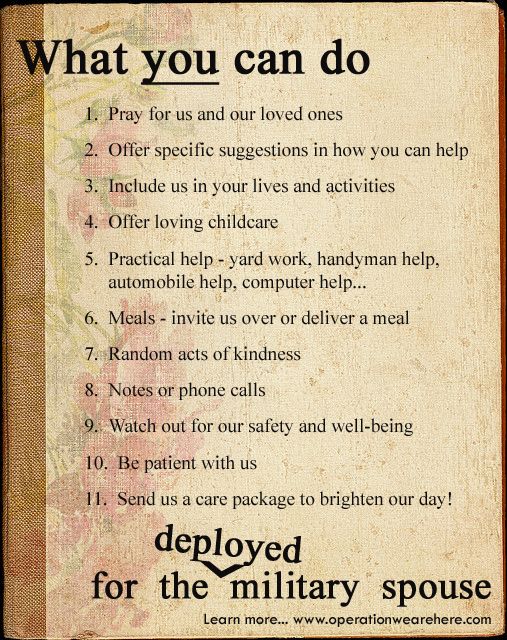 Do not do what is a burden - one of the basic rules.
Do not do what is a burden - one of the basic rules.
New friends
A support group is the same society, only in miniature, and as in ordinary life, relationships will definitely be established between people. Meetings and communication outside the group are only welcome. After all, when both interlocutors experience the loss of a loved one, although each experiences it differently, it is easier for them to agree on how communication will take place without mutual offense: do they want to talk about their pain, share memories, or, conversely, do they want to be distracted and just take a walk together , discuss books, go to the store, argue on abstract topics. nine0003
In addition, if a group member needs urgent help or just wants to talk, they can call the 24-hour hotline.
How to evaluate the result
Working with a group is quite hard work for leaders. Unlike face-to-face conversations, when you can completely focus on the interlocutor and “catch” his verbal and non-verbal manifestations, it is difficult to track individual reactions in a group.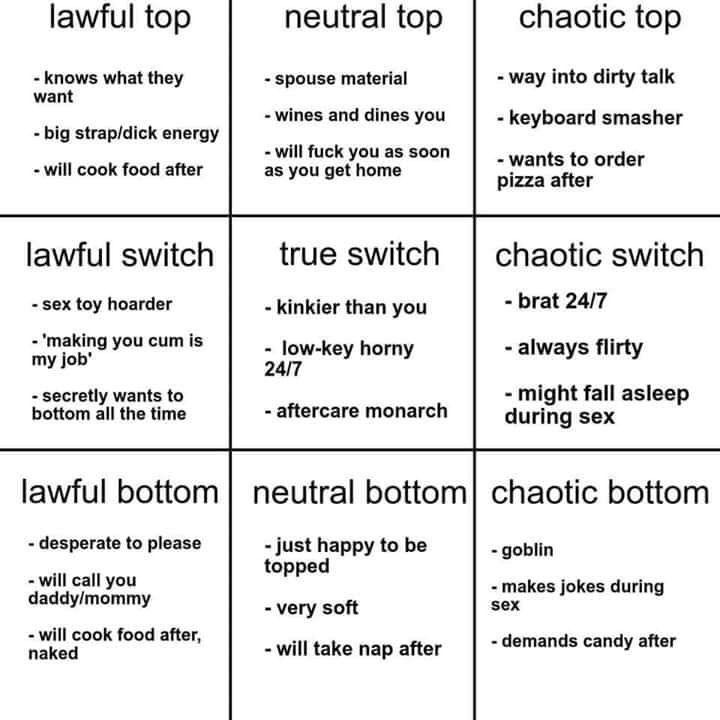 Therefore, as a rule, two psychologists are present at the meeting at once: one talks with the participants, is involved in the discussion, and the second observes whether it is necessary for someone to pay special attention now, or, on the contrary, whether someone has fallen out of the conversation, lost interest in what is happening. During the two hours that the meeting lasts, everyone who comes should have the opportunity to speak. nine0003
Therefore, as a rule, two psychologists are present at the meeting at once: one talks with the participants, is involved in the discussion, and the second observes whether it is necessary for someone to pay special attention now, or, on the contrary, whether someone has fallen out of the conversation, lost interest in what is happening. During the two hours that the meeting lasts, everyone who comes should have the opportunity to speak. nine0003
- When you see the result: people can live with their loss, they understand that mourning is a very long process and they will have to go through this path, but no one has to go alone - this is very motivating for a psychologist and saves from any burnout, despite the objective complexity of such work, - notes Yana. - It is an honor for me that a person agrees to share deep personal experiences with me, this is a very big trust placed in me - permission to be near. And a very big responsibility, of course. nine0003
The specifics of working with people who have lost loved ones is that it is impossible to work with the problem and close it once and for all.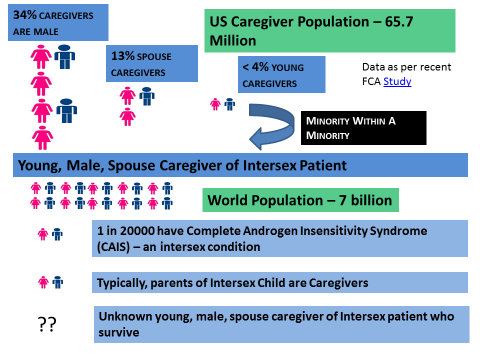
The loss is irreversible and one cannot forget the departed, stop loving him, miss him, but you can adapt to the situation, accept it and move on.
For us, the ideal completion of work with a person is when his emotions become bearable, when he can again lead a normal life: work, communicate with people, relax.
Join group you can call: 8-800-100-01-91 . Meetings are held every Wednesday at 6:30 pm. Participation is free.
German experience - Pro Palliative
Contents
What is mourning?
Lock time
Janus time
Labyrinth phase
Rainbow phase
Recall the situation when someone close to your friend, acquaintance or colleague died. Who among us has not been confused? How to comfort? The phrase "Hold on!", help in organizing the funeral, money? And then what? Distract? Leave alone? nine0098
The grief of losing a loved one is constantly experienced by palliative care professionals and ordinary people.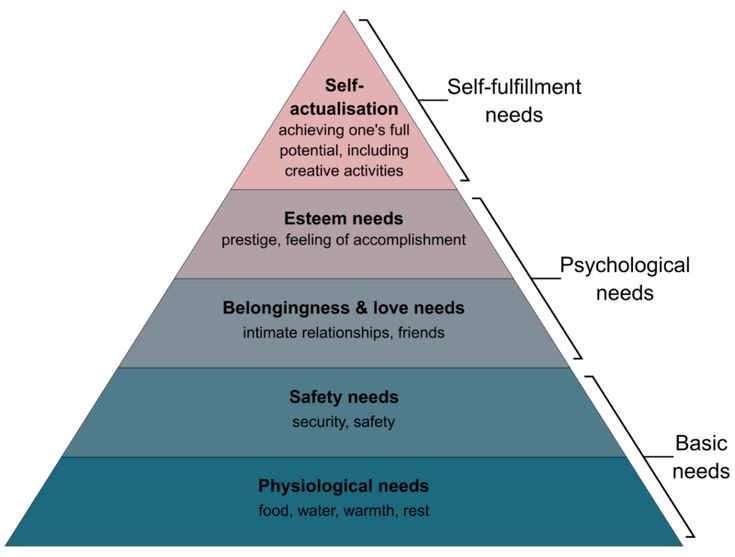 To support a relative of a deceased patient, you need to know how to do it correctly. We offer you to get acquainted with the practice of such support, which is used in the German "Long-term Care Center Ludwig-Steil-Hoff". This was told at the Summit of Nurses in Moscow by Katya Petker, a senior nurse, head of one of the Center's hospitals.
To support a relative of a deceased patient, you need to know how to do it correctly. We offer you to get acquainted with the practice of such support, which is used in the German "Long-term Care Center Ludwig-Steil-Hoff". This was told at the Summit of Nurses in Moscow by Katya Petker, a senior nurse, head of one of the Center's hospitals.
In Germany, each clinic has the right to freely choose the concept of mourning, or the concept of bereavement, according to which it will work with relatives, accompany them after the death of a loved one. There are several of these concepts, and there is no “obligation” which one to follow. nine0003
After our patient dies - it doesn't matter if he was in our hospital or was at home and we observed him - we do not leave his relatives, we do not leave them alone in trouble, but we try to accompany them. And for the past five years we have been working in accordance with the concept of experiencing loss according to Schmieding (the creator of the model is Ruthmaraika Schmieding, a German teacher: having lost a person close to her, she began to study the processes that happen to people during this period), which describes what a person experiences at every stage of his mourning. nine0003
nine0003
What is mourning?
People cannot stand the pain of others About what can be done for a person who has lost a loved one. Personal experience.
Mourning is an external form of expression of sadness or grief due to the loss of a loved one. This concept is also used when it comes to the death of a public figure, a major statesman, the tragic death of a large number of people. But, of course, we most acutely experience the death of a loved one.
I would like to introduce you to the mourning model for Schmieding. Why is it so important to know her? This knowledge will help both the relatives of the deceased and the staff of the medical institution. nine0003
Without knowing anything about the stages of mourning, about how a person reacts to loss and what phases he goes through in his grief, sometimes you might think that he is pretending that his reactions are feigned.
It can be difficult to understand what is happening to him, where he has certain emotional manifestations, and how to help him. And this model just gives an understanding of how a person experiences his loss. This helps to support a suffering relative so that he can get back on his feet and move on in life. The ultimate goal of this model is to help the relative find resources and opportunities that will give him the strength to live on after the loss. nine0003
And this model just gives an understanding of how a person experiences his loss. This helps to support a suffering relative so that he can get back on his feet and move on in life. The ultimate goal of this model is to help the relative find resources and opportunities that will give him the strength to live on after the loss. nine0003
“Hold on”, “I understand you”, “The time has come” – how not to comfort Crisis psychologist, psychologist at the Children’s Hospice “House with a Lighthouse” Larisa Pyzhyanova – about typical phrases of consolation and about what is really behind they cost
This model considers not only the emotional side of experiencing the death of a loved one. Mourning affects all areas of life - on the psyche, on spiritual aspects, on consciousness, cognitive functions, on the social side, so we consider a person in the complex of his manifestations. nine0003
Looking at mourning in general, there are four phases of pain:
- “Time of locks”;
- Janus Time;
- Maze Time;
- Rainbow Time.
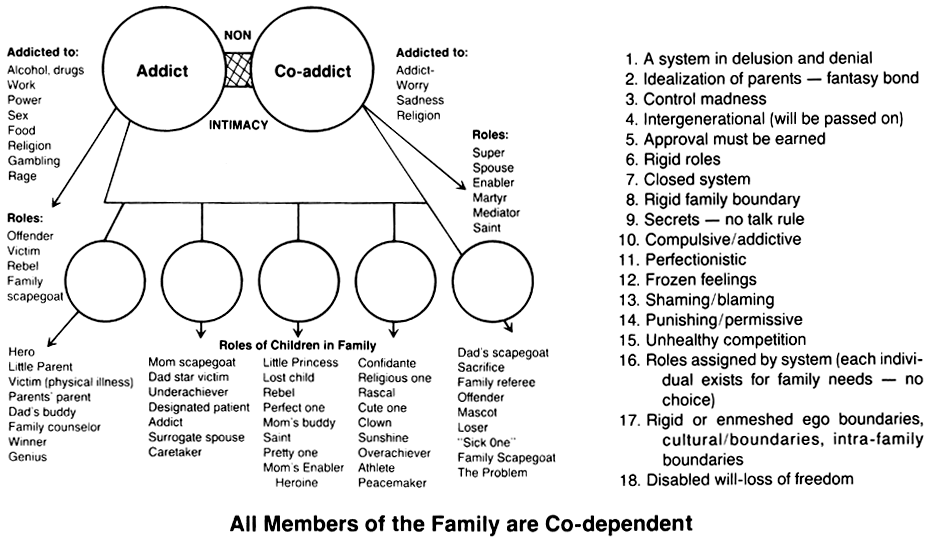
The difficulty lies in the fact that mourning, mourning is not a linear process: these phases can be repeated, returned, and many times. You have probably heard about the stages of accepting death according to Elisabeth Kübler-Ross? She distinguishes five phases: denial, anger, bargaining, depression, acceptance. These stages are intertwined, can alternate, repeat, which is why it is so difficult to be close to a worried person: today he is calm, peaceful, tomorrow he again rushes about, gets angry, the day after tomorrow he has depression, apathy. nine0003
It's the same here: all these stages are shifting, so it can be very difficult to understand a person who is in mourning, in mourning, it is very difficult to support and accompany him.
Lock time
This is the shortest of the four periods, it lasts from the death of a loved one until his funeral. And this is the only phase of the four that does not repeat, so it is very important to take into account the cultural and religious needs of a person at this moment.
Of course, a lot depends on whether the death was sudden, say, as a result of an accident, or expected, after a long illness. Naturally, sudden death is much more difficult, more painful, and the process of mourning is delayed.
In general, this phase can be characterized by the following metaphor: the ship needs to be controlled, and a “gateway guard” is needed, who opens the lock so that the ship moves from one basin to another, that is, ensures the transition from one state to another. Otherwise, grief can overflow. nine0003
I imagine this situation as follows: a person died, and while he was ill, he was lying in our institution, he was the captain of the ship. This person is gone, which means that now someone else must become the captain of this ship, and this other must lead the ship until the funeral takes place. What does it mean? First of all, he must be a Man with a capital letter: be able to listen, keep silent where necessary, support, come, shake hands, just sit next to him. Such actions alleviate grief, partially relieve its emotional severity. nine0003
Such actions alleviate grief, partially relieve its emotional severity. nine0003
Of course, the maintainer needs to be attentive and infinitely patient in order to be able to listen to the same stories over and over again. Each of us, I'm sure who went through this phase, noticed that a person who has lost a loved one is able to tell the same story ten times, connected with the deceased, constantly returning to it. In the end, the listener begins to think: “Yes, I don’t want to listen to this for the eleventh time!”.
To be heard - for the tenth, and the eleventh, and the one hundred and eleventh time - is very important for a person in mourning! Thus, he, as it were, processes his grief, looking for the next step in order to move on in life. nine0003
How to help a grieving child How a child perceives death and experiences grief at different ages, why it is important to take children to funerals, and why the phrases “poor thing, you are the only one left” or “now you are the head of the house” are dangerous
This is especially characteristic of the "gateway" period.
At this moment it is necessary to extend a hand to the mourner: visit him, listen to him, help organize a worthy funeral and commemoration. It is necessary to try to protect the sufferer during this period from some stumbling blocks, additional experiences that exacerbate suffering. A person experiencing a loss often experiences a feeling of guilt, a feeling that he didn’t do something, didn’t finish something: “If I were there then ...”, “If we organized the funeral like this ...”, - such experiences place an additional burden on the shoulders of a person in mourning, and he carries this burden further. Therefore, it is very important that everything that can be done is done to remove this burden from the shoulders of a person: you need to talk to him, support him, listen, help with the funeral, help in solving emerging problems. It is important that at this time of grief, other individual paths open up before the person so that the person takes the next step. nine0003
Janus time
The second phase of mourning is Janus time .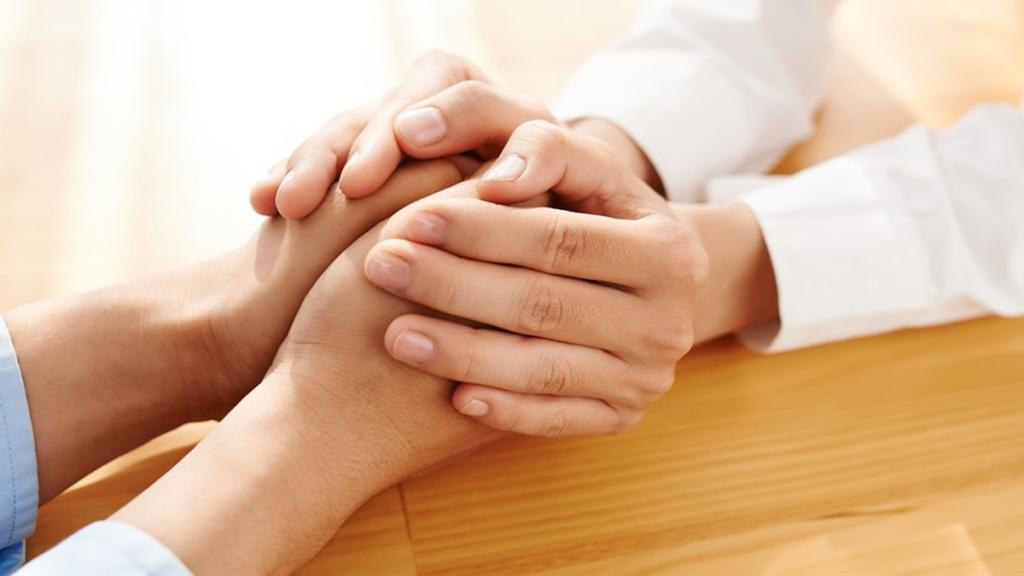 Why Janus? This is the two-faced god of time in ancient Greek mythology: one face is young, the other is the face of an old man. A person in this phase also has “two faces”: one is the one that he shows to others, to society, the second he hides, hiding what is really happening to him (for example, he comes home and cries into the pillow for a long time, or he fancies , as if he hears the voice of the deceased, but he is afraid to tell someone about it, so that he would not be considered crazy). nine0003
Why Janus? This is the two-faced god of time in ancient Greek mythology: one face is young, the other is the face of an old man. A person in this phase also has “two faces”: one is the one that he shows to others, to society, the second he hides, hiding what is really happening to him (for example, he comes home and cries into the pillow for a long time, or he fancies , as if he hears the voice of the deceased, but he is afraid to tell someone about it, so that he would not be considered crazy). nine0003
Photo: Sydney Sims / Unsplash
And in this phase, a lot depends on whether the person died suddenly, or his death was expected. If this happened suddenly, then, if possible, it is not necessary to talk about the deceased with a relative, during this period such conversations will be an additional burden, stress, and heaviness for him. The time will come, and the mourner himself will ripen for such conversations. As long as he himself does not talk about the deceased, do not provoke him to such conversations. You just need to be there, to accompany, to listen, but not to speak. And if death was expected, here, on the contrary, it is very important to talk with relatives in this phase: discuss the funeral, talk about how the deceased lived, about everything connected with him. Each such conversation brings relief, strengthens a person and gives him the resources to take the next step, to find, as I always say, solid ground under his feet and move on in life. nine0003
You just need to be there, to accompany, to listen, but not to speak. And if death was expected, here, on the contrary, it is very important to talk with relatives in this phase: discuss the funeral, talk about how the deceased lived, about everything connected with him. Each such conversation brings relief, strengthens a person and gives him the resources to take the next step, to find, as I always say, solid ground under his feet and move on in life. nine0003
Society's attitude towards death. From the book “In the middle of life” Why, despite the inevitability of death, we try not to talk about it, and how this “conspiracy of silence” affects children who have lost loved ones
Here is the funeral behind: what happens next with people who experience the death of a loved one ? In the process of mourning, they begin to pay attention to dates, correlate certain days with events that took place near the deceased: they follow the calendar, remember when this person was born, at what time he got to the hospital, etc.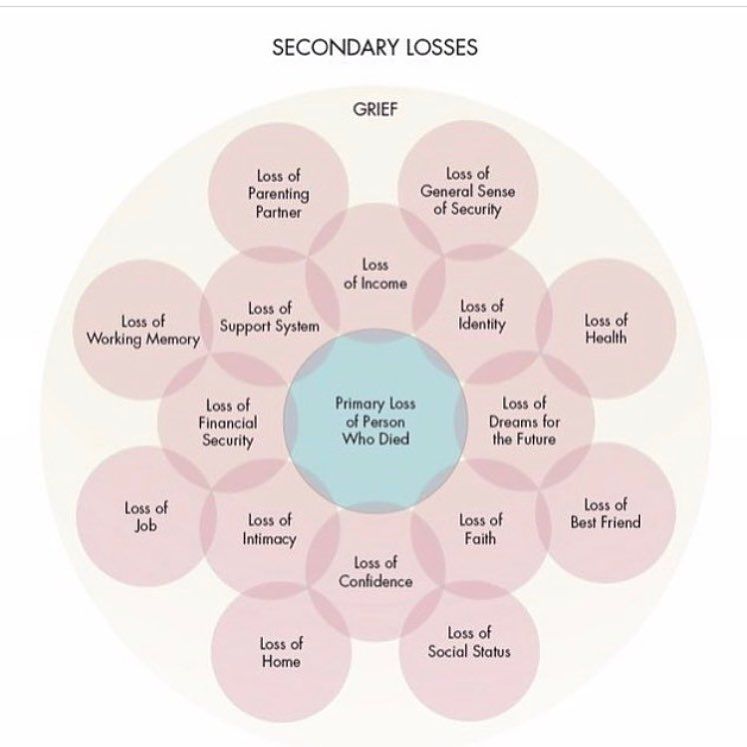 That is, they seem to relive everything that happened again. nine0003
That is, they seem to relive everything that happened again. nine0003
Bereavement often has sleep disturbances—we all know that. This is a time of tears and doubts. The man has already spent a lot of energy on the funeral, and he understands that he has a hard way ahead. He loses his appetite, he does not sleep, he may have a feeling that he is going crazy.
In 2005 my mother died. At that time, there was no such program for accompanying relatives. And after her death, after the funeral, one day I came home from work, crossed the threshold of the house and heard my mother say to me in German: “Katya, is that you?”. I answered: “Yes”, but I knew that my mother was no more. nine0003
I was frightened then, I thought: “That's it, I'm going crazy”. But when I began to discuss this episode with my colleagues, it turned out that this is quite a normal phenomenon during a period when a person is in this phase of mourning: changes occur in his body, there is a feeling that time has stopped.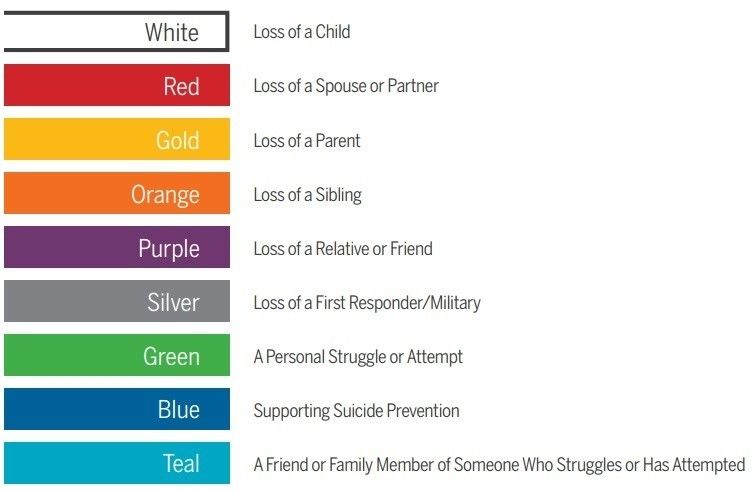 These are all normal reactions of a grieving person. A loved one is no more, but for those who mourn, he is there. Many feel the familiar smell of the departed, hear his voice, feel his touch.
These are all normal reactions of a grieving person. A loved one is no more, but for those who mourn, he is there. Many feel the familiar smell of the departed, hear his voice, feel his touch.
Often people continue to observe all the usual family rituals, as before, when a loved one was alive - they set the table, cook food for the same number of family members as before. They, as if by inertia, still live with a deceased loved one. All these actions are reflected in the change of phases of mourning, this is part of the process, and in any case a person must be supported. Grieving people are often afraid to tell someone about what they are experiencing, but it is very important for them to speak out! Therefore, we create groups of mourning, mourning: once a month or every few months we invite relatives who have lost their loved ones to a meeting so that they can talk and get support. And if it is clear that a person has a need for psychiatric help - he has depression, suicidal thoughts - we offer help to such a relative. nine0003
nine0003
Labyrinth phase
If the feeling of guilt tears the heart apart In all the languages of the universe, so different, we are connected by one dialect - the one that sounds in our hearts as the voice of pain. When we lose loved ones...
This is the very core of mourning, when grief is processed. In principle, this stage can be represented as follows: mourning is a backpack, it is a burden on the shoulders. And with this burden, a person enters the labyrinth, steps forward along it, stumbles, wanders, returns back to the old place. He is looking for a way out, trying to get out of this phase! In the end, there is a way out, and we all know it. A person will come out of this labyrinth - and the backpack will be with him, yes, but - it is no longer as heavy as at the beginning. The one experiencing the loss has already understood, accepted that the deceased is not next to him, he understood that his life goes on, and the departed remains in his heart.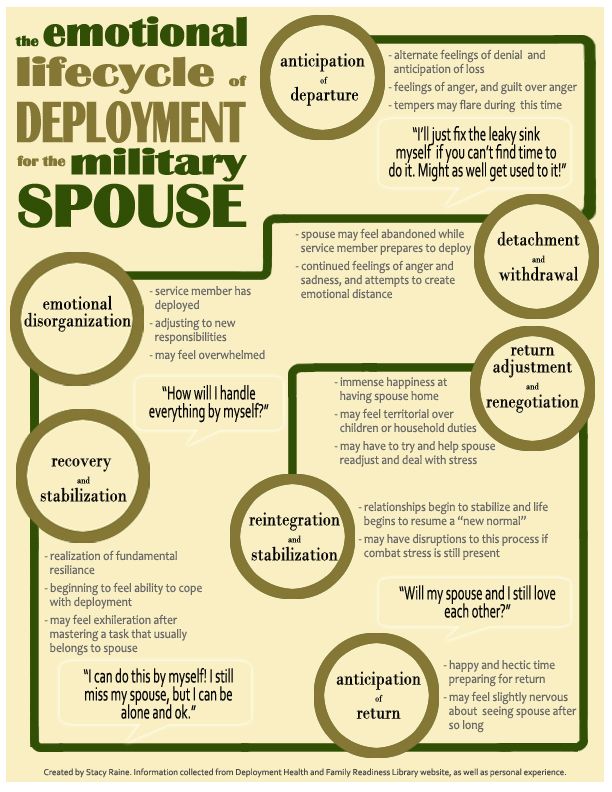 By the end of this period, a person is fully aware of the reality of the loss and, with the awareness of this loss, moves on in life. nine0003
By the end of this period, a person is fully aware of the reality of the loss and, with the awareness of this loss, moves on in life. nine0003
To talk or not to talk to him during this period? Here everything is individual. Regardless of the phase, if a person accepts your help, is open to conversations, you need to support them - remember the deceased, be there. But if the mourner declines your help, you need to step aside and just watch. And be ready to help, listen when needed.
Rainbow phase
The last step is rainbow phase . Having survived, processed grief, a person moves on in life and again finds the opportunity to rejoice. This is the end of the time of sorrow, life goes on as usual, but no one is forgotten. The deceased becomes part of the new life. nine0003
But even at this stage it is possible to return back to the previous phase. Those who accompanied the mourners know that today they can laugh, and tomorrow they can cry inconsolably.